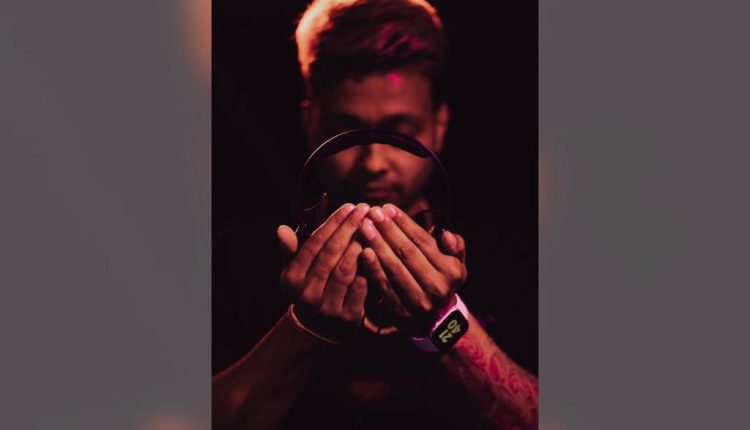DJ Ronith shares insights on his journey, music style, and the future of the industry in an exclusive interview.
We are thrilled to be joined by Dj Ronith, our next entry to the Top-10 DJs setting wildest music scenes in Dubai, a highly acclaimed DJ, and producer who has made a name for himself in the electronic music scene. With more than 20 years of experience and a unique style that blends, DJ Ronith has played at some of the most prestigious venues and festivals around the world. DJ Ronith ‘s tracks and remixes have also been featured on labels and he has collaborated with some of the biggest names in the industry. Today, we’ll be discussing DJ Ronith ‘s journey, his creative process, his views on the future of the music industry, and much more.
Let’s begin with your Journey. How did it start?
When I was 15 years old, I developed a leisurely interest in collecting music of various genres, inspired by classic pop music. In 1998, I attended a live concert in my home country where I had the opportunity to witness the performances of various artists. This experience had a profound impact on my life, fueling my already strong curiosity about music and DJing. I immersed myself in discovering new music, practicing diligently, and eventually launching my career in 2000 by performing at small private events. Over time, I gained more experience and began playing at larger events, including my first New Year’s Eve gig in 2001. As my passion for music continued to grow, I started to experiment with creating remixes and bootlegs. In 2005, I joined a studio to professionally master music production and sound engineering. Witnessing the transformative power of music at public gatherings further intrigued me, and it became clear that my life’s ambition was to spread joy wherever I went.
How do you stand out in the market from competitors?
My approach to music is distinct in that I strive to develop a one-of-a-kind, recognizable sound or style that distinguishes me from others in the industry. This involves exploring different genres and pioneering innovative combinations of various musical styles. I achieve this by employing a range of techniques, including cueing, equalization, and audio mixing of multiple sound sources. Additionally, my creative transitions and overdubs between different sources, executed with exceptional skill in phrasing, cutting, beat juggling, scratching, beat matching, needle drops, phase shifting, and back spinning, further set me apart from my peers.
Where do you think the Dubai Music industry is headed?
In recent years, the Dubai music scene has been growing, with the emergence of several independent labels, studios, and production companies. The Dubai government has also been investing in the development of the music industry, through several initiatives which aim to promote local talent and support music-related events and activities. Overall, the Dubai music industry seems to be headed in a more diverse and inclusive direction, with a focus on supporting and nurturing emerging talent, as well as attracting international acts and expanding the city’s reputation as a global music destination.
What made you think, you need to educate people about your industry?
To be honest, I think the lack of understanding and appreciation for our art. Some people may think that DJing is just a matter of playing songs in a certain order, without realizing the technical skills and creativity required to create a seamless and engaging musical experience. We need to educate people that there is much more that goes into creating a successful DJ set, such as selecting the right tracks, reading the crowd, and creating a cohesive and engaging musical journey. People need to understand that DJs use their technical skills and creativity to manipulate and transform music in real time, creating unique and dynamic performances that can be both entertaining and emotionally impactful.
What’s the industry gap that you feel needs to be taken care of?
I guess there are a lot of issues that need to be taken care of. Fair compensation where DJs are not fairly compensated for their work, particularly in terms of streaming royalties and live performance fees. Then, Copyright and licensing issues. This can limit the creativity and freedom of DJs and electronic musicians. Moreover, Diversity and inclusion. This includes addressing issues of gender, race, and representation in the industry. Most importantly, Access to resources and support. Starting a career in music can be challenging, and many DJs and electronic musicians feel that they lack access to resources and support to help them develop their art and build their careers. So, I feel addressing these gaps can help to create a more fair, diverse, and supportive music industry, which can benefit not only DJs and electronic musicians but also audiences and the broader cultural landscape.
Follow DJ Ronith on Instagram for more.
https://www.instagram.com/djronith/
Click here for the latest news from Bollywood, Hollywood, South Film Industry, Bhojpuri and TV world… Click here to join the Facebook Page, Twitter Page, YouTube page and Instagram of Bollywood Mascot !

